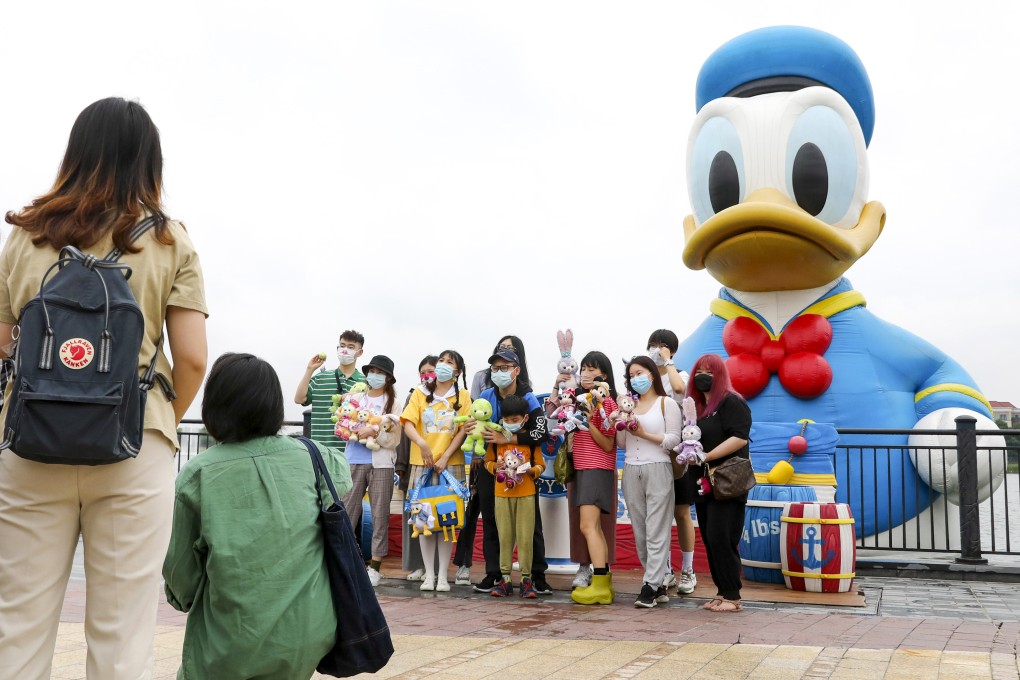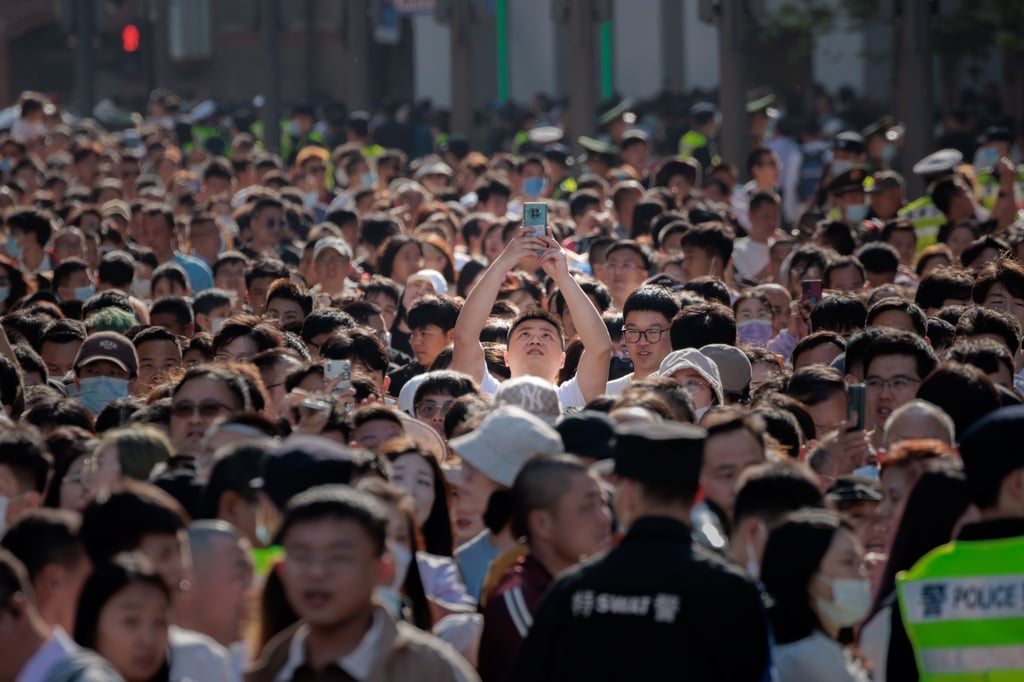Shanghai gears up for post-Covid tourism boom as Disneyland raises ticket prices
- Shanghai should seize the strengthening recovery in the tourism industry to make it the primary driver for the consumption and services sectors, says local tourism chief
- Shanghai Disneyland raising ticket prices by as much as 9.9 per cent from next month as city gears up for peak tourism season

Shanghai is putting behind three years of damage caused by zero-Covid restrictions to its tourism industry, with Disneyland, the city’s premier tourist destination, gearing up for the peak summer season.
Authorities in China’s biggest metropolis have pledged to bolster the sector’s recovery, saying the city should seize the strengthening recovery in the tourism industry to make it the primary driver for the consumption and services sectors.
“Shanghai has cemented its position as a first-choice city for travellers and the tourism and culture market is playing an increasingly important role of attracting traffic and serving as the engine of the economy,” Fang Shizhong, the head of Shanghai’s tourism and culture administration, said on Thursday.
Shanghai Disneyland will raise its regular ticket price by 9.2 per cent to 475 yuan (US$67) that covers most days and weekends from June 23, the Shanghai unit of Walt Disney said in a statement on Thursday.

Admission prices for special days and weekends will be increased by 9.9 per cent to 599 yuan, and the price for most public holidays and the summer season will go up by 9.1 per cent to 719 yuan, it said. Ticket prices that cover special-event days and select public holidays will increase by 3.9 per cent to 799 yuan.
Anecdotal evidence points to pent-up demand for travel powering a quick recovery in Shanghai’s tourism industry, which was completely paralysed this time last year because of the unprecedented two-month lockdown of the city.